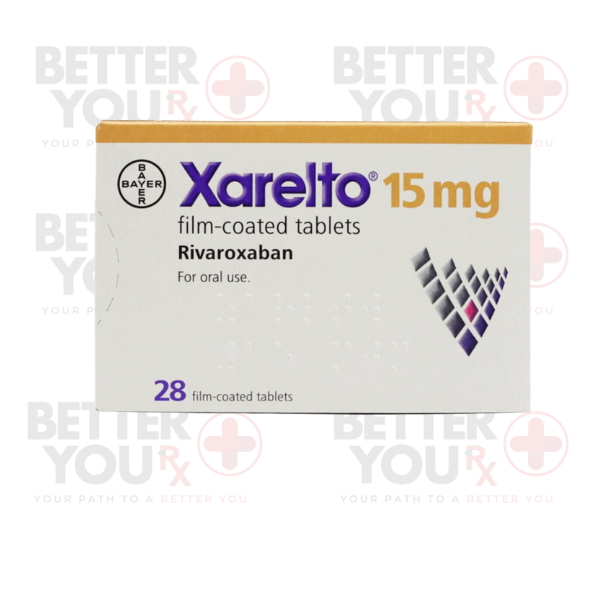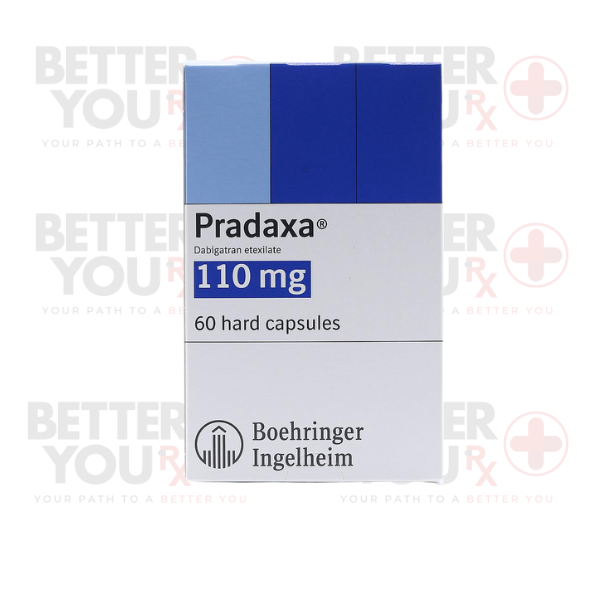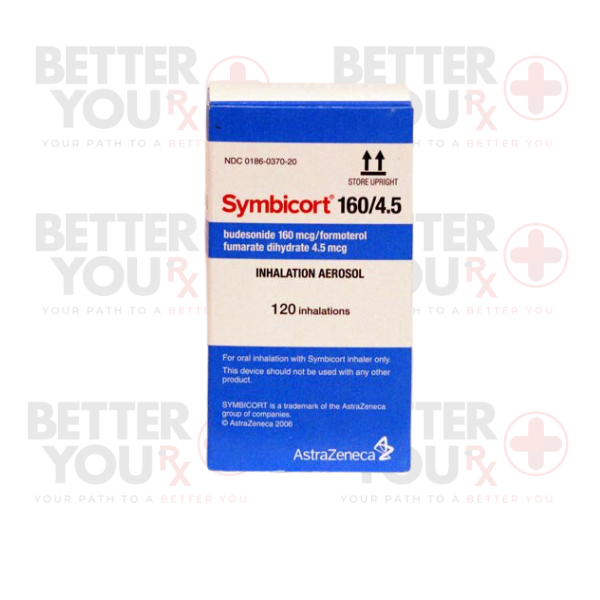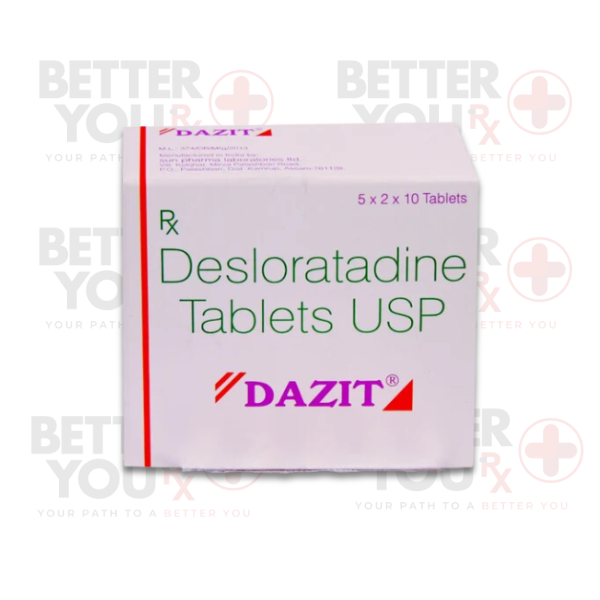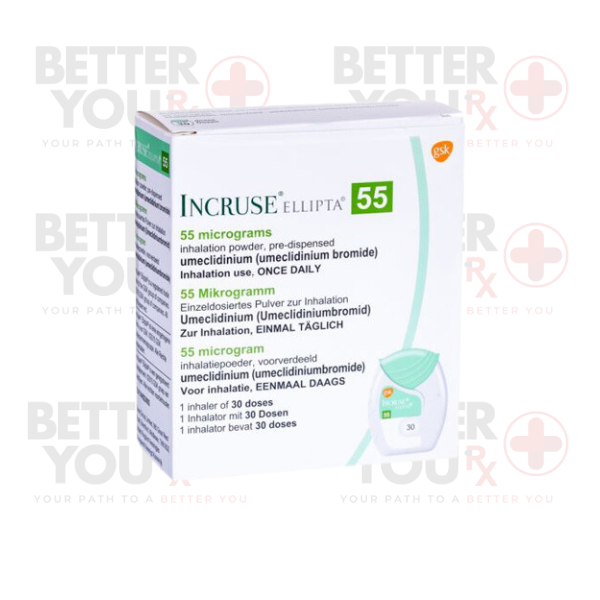| Usage |
Usage
Thyroid medication is available in tablet form for oral consumption. Typically, it is taken once a day, specifically before breakfast. To maintain consistency, it's advisable to take your dose of thyroid at approximately the same time each day. Precisely adhere to the instructions provided on your prescription label, and do not hesitate to seek clarification from your healthcare provider or pharmacist if any aspect is unclear. Take the thyroid medication precisely as directed; avoid altering the dosage by taking more or less than prescribed or increasing the frequency beyond your doctor's recommendations.
Your doctor is likely to commence your treatment with a low thyroid dose and progressively adjust it as needed. While thyroid medication effectively manages the symptoms of hypothyroidism, it does not offer a cure for the condition. It may require several weeks before any noticeable improvement in symptoms becomes apparent. Typically, to manage the symptoms of hypothyroidism effectively, ongoing thyroid medication will be necessary for the remainder of your life. Continue taking the medication as prescribed even if you start feeling better, and do not discontinue its use without consulting your doctor.
|
| Side Effects |
Side Effects
Thyroid medication may lead to certain side effects. If you encounter any of these symptoms, it is crucial to inform your doctor, especially if they are severe or persistent:
1. Weight loss
2. Involuntary tremors or shaking of a body part
3. Headache
4. Nausea
5. Vomiting
6. Diarrhea
7. Stomach cramps
8. Increased hyperactivity
9. Anxiety
10. Irritability or sudden mood swings
11. Difficulty falling asleep or maintaining sleep
12. Flushing
13. Elevated appetite
14. Fever
15. Changes in menstrual cycle
16. Muscle weakness
17. Temporary hair loss, particularly in children during the initial month of therapy
Certain side effects can be more serious. If you encounter any of the subsequent symptoms, make sure to promptly get in touch with your healthcare provider:
1. Skin rash
2. Breathing difficulties or swallowing issues
3. Chest pain
4. Rapid or irregular heartbeat
5. Inflammation in the hands, feet, ankles, or lower legs
6. Profuse sweating
7. Heat sensitivity or intolerance
8. Nervousness
9. Seizures
Thyroid medication may also produce other side effects that are not listed here. If you encounter any unusual or unexpected issues while taking this medication, it is advisable to reach out to your healthcare provider for guidance and evaluation.
|
| Storage |
Storage
To ensure the safe storage and disposal of this medication:
• Keep it in its original container, tightly closed, and out of children's reach.
• Store it at room temperature, away from excess heat and moisture (avoid the bathroom).
• Dispose of unneeded medication properly, not by flushing it down the toilet.
• Utilize medicine take-back programs or consult your local garbage/recycling department for disposal options.
• Always keep medication containers out of sight and reach of children, as they may not be child-resistant.
• Employ safety caps and store the medication in a secure, elevated location to prevent accidental access by young children.
|
| Precaution |
Precautions
Before using thyroid medication:
• Inform your doctor and pharmacist about any allergies to thyroid, medications, pork, or any ingredients in thyroid tablets. Request a list of these ingredients from your pharmacist.
• Disclose all prescription and nonprescription medications, vitamins, and supplements you are taking, including specific drugs like androgens, anticoagulants, antidepressants, diabetes medications, digoxin, estrogen, griseofulvin, insulin, oral contraceptives, oral steroids, phenobarbital, phenytoin, potassium iodide, rifabutin, rifampin, ritonavir, salicylate pain relievers, strong iodine solution, and theophylline.
• If you use cholestyramine or colestipol, take them at least 4 hours before your thyroid medication. Antacids, iron-containing medications, simethicone, or sucralfate should also be taken 4 hours before or after your thyroid medication.
• Disclose any herbal products, especially St. John's wort, that you are using.
• Inform your doctor about any medical history, including diabetes, osteoporosis, atherosclerosis, cardiovascular diseases, malabsorption diseases, underactive adrenal or pituitary gland, or kidney/liver disease.
• If you are pregnant, planning to become pregnant, or breastfeeding, inform your doctor. Seek medical advice if you become pregnant while taking thyroid medication.
• If you are 65 years or older, discuss the risks and benefits of thyroid medication with your doctor. Note that older adults should generally avoid thyroid medication due to safety concerns compared to other treatment options for the same condition.
• Before any surgery, including dental procedures, inform the medical professionals about your thyroid medication usage.
|


